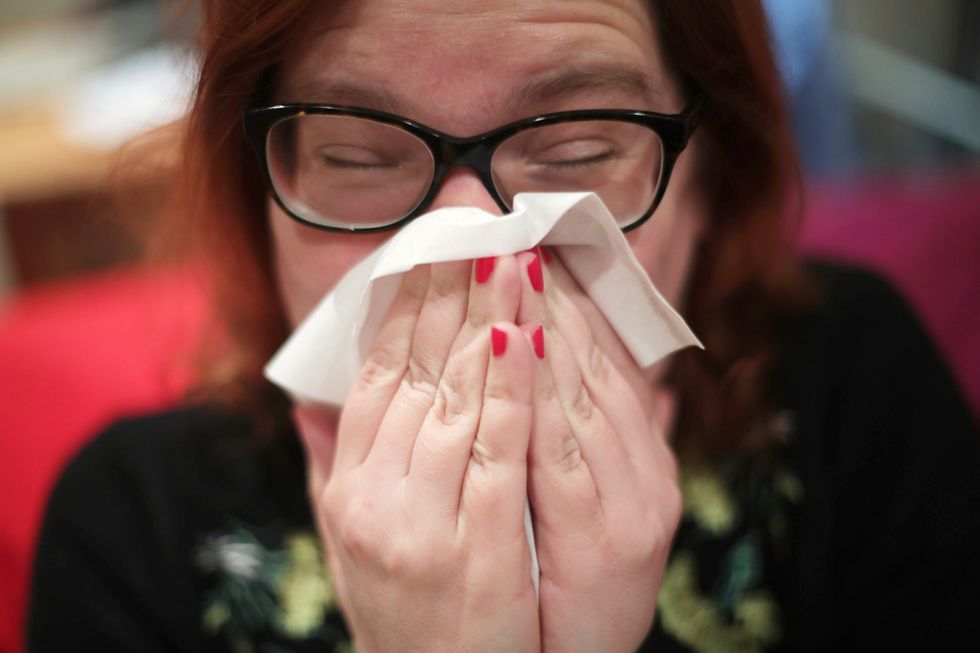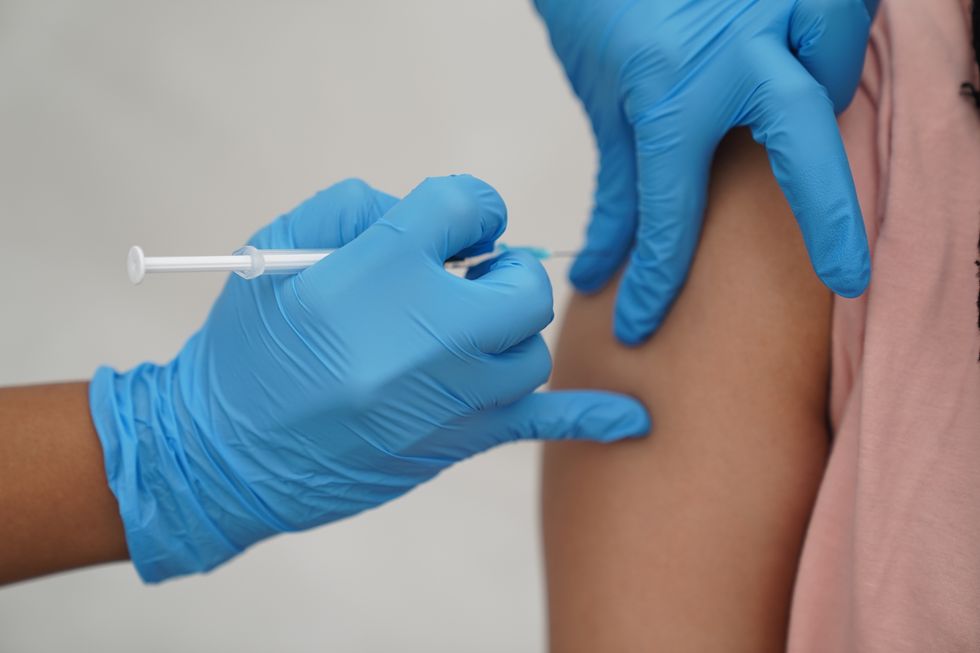People in England with a cough or cold urged to 'stay at home and avoid contact with others'
Ministers have issued fresh guidance to people who feel unwell as well as those who test positive for the virus
Don't Miss
Most Read
Latest
People in England who have a cough or cold are to be urged to “stay home and avoid contact with other people” under new Government guidance on Covid-19.
Those who have a symptoms of a respiratory illness such as a high temperature or “who feel unwell” are being encouraged to stay home until they feel well enough to resume normal activities or when their temperature has subsided, under new guidance which will be issued on April 1.
The legal requirement to self-isolate after a positive Covid-19 test in England ended on February 24.
But ministers have issued fresh guidance to people who feel unwell as well as those who test positive for the virus.
Yui Mok
After Friday, people who have a positive Covid-19 test are being advised to “try to” stay at home and avoid contact with other people for five days, which is when they are most infectious.
Those who are positive, or have symptoms, and need to leave home will be urged to wear masks, avoid crowded places and stay away from people with weakened immune systems.
Children who are unwell and have a high temperature are being advised to stay home and avoid contact with other people where they can.
They can go back to school, college or childcare when they no longer have a high temperature and they are well enough to attend, the Government said.
The advice forms part of the Government’s Living with Covid plans, which have been updated to include information on who will still be eligible for free Covid-19 tests.
Kirsty O'Connor
Free tests will still be available to some NHS, social care and hospice staff without symptoms of Covid when rates of the virus are high.
But routine tests for care home and hospice residents will no longer continue and will only be provided in the event of an outbreak or a resident being admitted.
Visitors to hospitals and social care settings will no longer be required to take a test.
In a written statement, Health Secretary Sajid Javid said three groups of people will continue to get free tests if they have symptoms of the virus: some hospital patients, some people at high risk of severe Covid-19, and people who live or work in “high-risk settings” including some NHS and social care settings or prisons.
Ministers have been accused of leaving the decision until the eleventh hour, with free universal testing due to end in England on Friday.
The Department of Health and Social Care said testing has come at a “significant cost” to the taxpayer, with the testing, tracing and isolation budget costing more than £15.7 billion in 2021/22.
But it said it will retain the ability to ramp up testing if needed, including keeping a stockpile of lateral flow tests.
Mr Javid said: ““Thanks to our plan to tackle Covid we are leading the way in learning to live with the virus. We have made enormous progress but will keep the ability to respond to future threats including potential variants.
“Vaccines remain our best defence and we are now offering spring boosters to the elderly, care home residents and the most vulnerable – please come forward to protect yourself, your family and your community.”
The DHSC said it will continue the Covid-19 infection survey through the Office for National Statistics for another year to monitor outbreaks, and some other studies will also continue.













